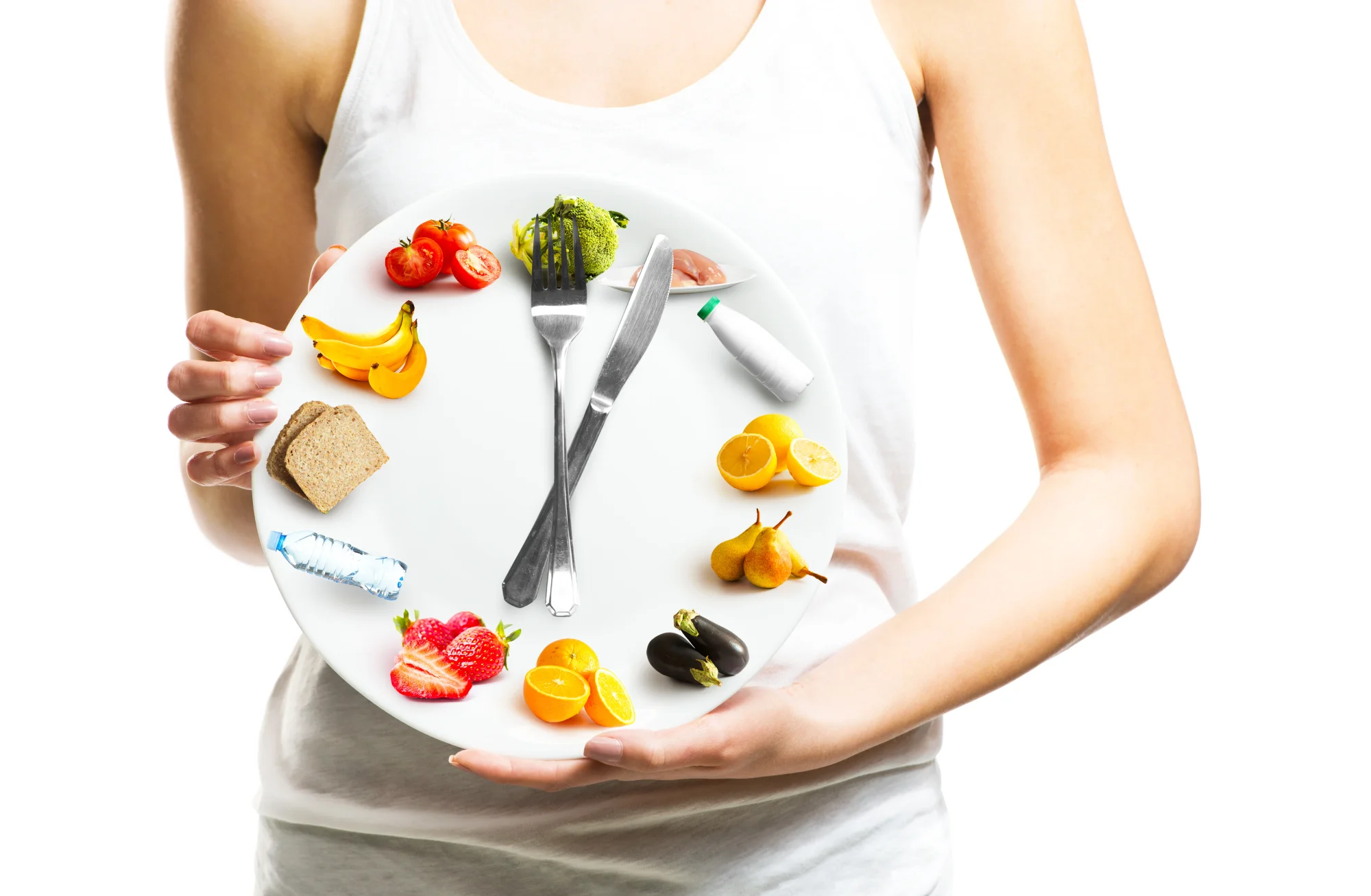News & Articles

Nutrition & Healthy Eating for Cancer Survivors

Eating right for life after cancer
Cancer survivors who want to get healthy and reduce the risk of cancer recurrence should be trim and eat a healthy diet, says Gerard Wong, Senior Dietitian at Parkway Cancer Centre. You have completed your cancer treatment and you are now looking forward to the rest of your life. However, now that you have been given another chance, you want to ensure that you live as healthily as possible. What can you do to live a cancer-free life? What is the best diet for staying healthy? And can eating particular foods ward off cancer?
According to Gerard Wong, Senior Dietitian at Parkway Cancer Centre, there are no specific foods that post-treatment patients ought to eat. Cancer survivors should eat the same things as anyone who wants to be healthy.
“Eat a well-balanced diet and enjoy a good variety of fruits and vegetables, selecting higher fibre, wholegrain options where suitable,” he says.
There are however, specific things that we can all do to reduce chances of getting cancer, says Gerard. Summarising a review of studies done by the World Cancer Research Fund and the American Institute for Cancer Research, he gives the following pointers:
- Be as lean as possible within the normal range of body weight
- Be physically active as part of everyday life
- Limit the consumption of energy-dense foods and avoid sugary drinks
- Eat mostly foods of plant origin
- Limit intake of red meat and avoid processed meat
- Limit alcoholic drinks; not more than two drinks per day for men and not more than one drink per day for women
- Limit the consumption of salted foods, smoked foods, and avoid mouldy foods such as potatoes turning green and sprouting, or foods past their use-by date
Looking at the list, it is clear that while there are no specific foods to eat, there are some foods to avoid.
“It is prudent to limit your intake of processed meats, refined grains and high-fat/energy-dense foods,” says Gerard.
Salt and salt-preserved foods should be kept to a minimum – studies strongly suggests that the risk of gastric cancer increases with a high intake of salt and various traditional salt-preserved foods such as salted fish, cured meat, and salted vegetables.
In addition, a high salt intake damages the stomach lining and may act to promote the effect of food-derived carcinogens, he says.
Gerard’s recipe for a healthy diet consists of eating the right proteins, carbohydrates, oils and fibre. For protein, he recommends picking fresh meats and good quality protein such as fish, chicken and lean meats as opposed to fish balls, chicken nuggets, or meat patties. People should also cut down on red meat.
“While red meat is a good source of protein and iron, try to keep to less than 500g per week,” he says.
In terms of carbohydrates, people should be selecting higher fibre, wholegrain options where suitable. This means eating more brown rice as well as wholemeal bread.
Although few people want to get fat, eating fat is essential because it is a source of energy. However, there are good fats and bad fats so you need to choose carefully. Limit the intake of saturated fats. Instead, Gerard recommends using a variety of unsaturated cooking oils such as olive oil, sunflower and rice bran oil.
It is also necessary to have enough fibre in your diet. Good sources of fibre can come from a variety of sources such as wholegrain products, fruits and vegetables, he says.
The other advantage of eating lots of fruit and vegetables is that these tend to be high in antioxidants, which protect cells from damage caused by unstable molecules known as free radicals. This is a concern because damage by free radicals over the long term increases the risk of cancer.
“Having a good variety of fresh fruit and vegetables is sufficient to ensure that you are getting vitamins and minerals that act as antioxidants,” says Gerard.
There is no particular need to seek out foods with antioxidants.
While people need to stick to a healthy diet, this does not mean that brown rice and boiled vegetables are the only things they can eat. Even as we take care of our bodies, “it is just as important to enjoy our food and indulge once in a while to satisfy the soul,” he says.
Written by Jimmy Yap
| POSTED IN | Nutrition |
| TAGS | cancer diet & nutrition, cancer relapse, cancer survivorship, carcinogen, healthy food & cooking |
| PUBLISHED | 04 August 2017 |
